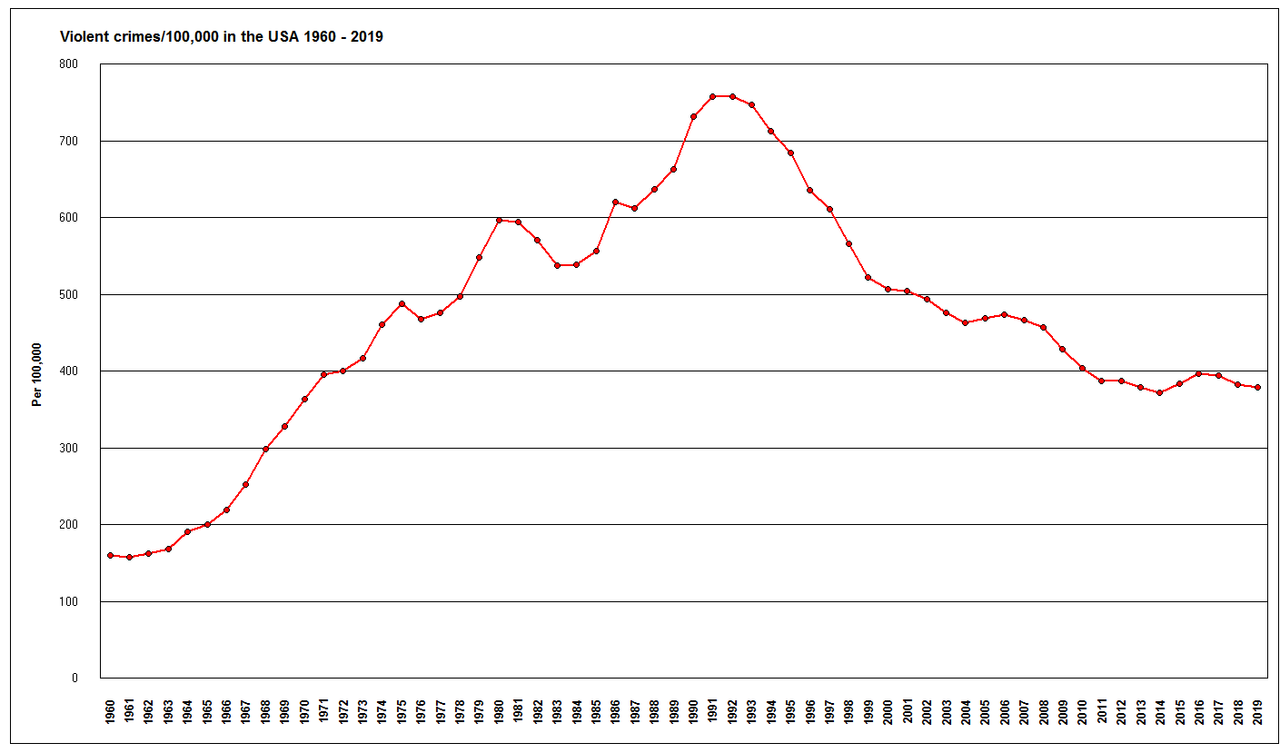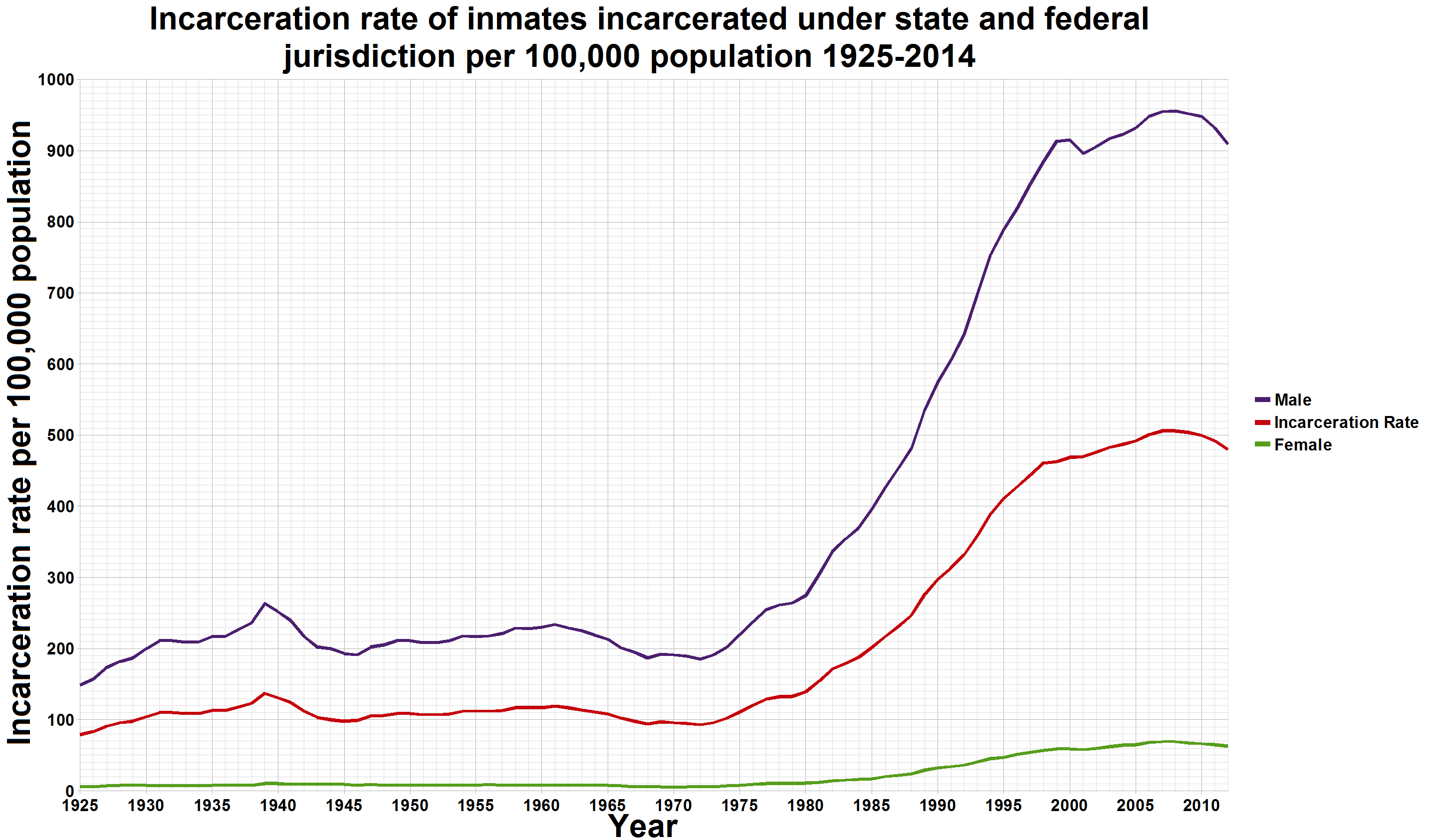Bu that's not all.
Those are some rather serious offenses that you can get away with if you are a minor. I mean sexual battery and other assaults? Burglary and robbery? Grand theft auto? Those need to be prosecuted regardless of the age of the offender. 15 and 16 year olds should not be getting away with all that.Gascon has been widely criticized for his controversial juvenile diversion program launched in December. In a memo to staff, he directed prosecutors not to pursue charges against minors for a wide range of offenses, including sexual battery, burglary, vehicle theft, assaults or robberies, barring they did not result in serious injury or were committed while in commission of a firearm, The Times reported.
Did you miss the part about diversion programs?


